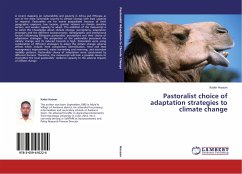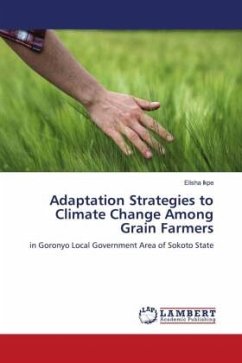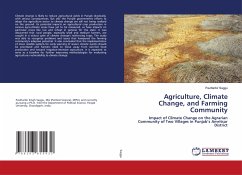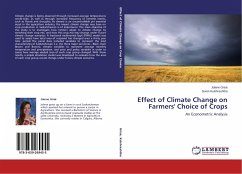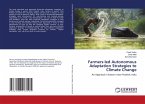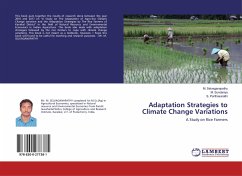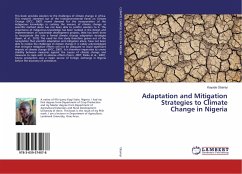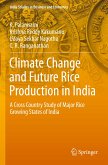A recent mapping on vulnerability and poverty in Africa put Ethiopia as one of the most vulnerable country to climate change with least capacity to respond. Pastoralists are far worse jeopardized because of their geographic exposure, low income, greater reliance on climate sensitive sectors, and weaker capacity to adapt. The ambition of the manuscript is to solicit the knowledge about climate change, perceptions, adaptation strategies and the different socioeconomic, demographic and institutional factors influencing Ethiopian pastoralists' perceptions and their choice of adaptation strategies. The proportion of the pastoralists perceived the climate change and its induced hazards is high. Pastoralists were using combination of different strategies to adapt the climate change adverse effects which include: herd composition diversification, herd and feed management improvement, water harvesting and reserving, and extended mobility patterns. Pastoralists choice of adaptation were constrained by different barriers. Therefore, the manuscript will look a possible means to strengthen the local pastoralists' resilience capacity to the adverse impacts of climate change.
Bitte wählen Sie Ihr Anliegen aus.
Rechnungen
Retourenschein anfordern
Bestellstatus
Storno

